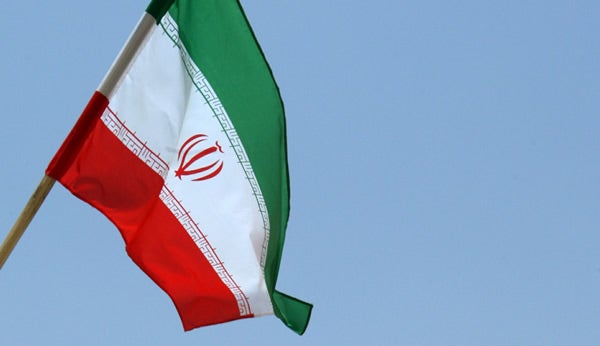Iranian Bloggers on the Frontline Against Oppression
Helle Dale /
Blogging in Iran is a high-risk activity, and it is getting ever more so by the day. As the Iranian regime feels the pressure from abroad growing and threatens to flex its muscles by closing the Strait if Hormuz, internal repression in Iran has intensified, and the Internet is a top-priority target.
Writes Nir Boms, co-founder of CyberDissidents.org:
Apparently, to some in Iran, an American warship or a pro-American blog entry both represent perilous threats that necessitate action. And, like their allies in Syria, they are determined to act. If one seeks to understand why some in the West are concerned about what the Islamic regime might do to others with a nuclear weapon, one only need to look at what they do to their own people without it.
According to the human rights group Reporters Without Borders, one of the latest victim of Iran’s draconian censors is Mehdi Khazali, editor of the Baran blog, who received a harsh sentence from Iran’s Revolutionary Court this week.
Khazali is the son of Ayatollah Abolghasem Khazali, an influential member of the Council of Guardians of the Iranian Constitution for the past three decades. Despite his family connections to the regime, Khazali has had frequent run-ins with the authorities, writing scathingly about its human rights abuses in his blog.
For the crime of criticizing the Iranian government’s appalling human rights record and other policies, Khazali was sentenced to 14 years imprisonment, 10 years internal exile, and 70 lashes. Incarceration in Iran usually also means torture and sometimes even death. The severity of the sentence is a clear indication of how seriously Iran’s leadership takes the Internet and its potential for inciting political unrest. Khazali was arrested on January 9 in a violent raid, his third arrest in less than two years. Despite the regime’s efforts to intimidate him, he clearly refused to be silenced.
Khazali is just one among the many bloggers and reporters considered dangerous by the Iranian regime. Reporters Without Borders states that the crackdown on freedom of expression in Iran has taken a turn for the worse in the new year with a wave of arrests and unexplained detentions sweeping the country.
Among others arrested since the beginning of 2012 are journalists Fatemeh Khardmand, Ehssan Hoshmand, and Saeed Madani, who were arrested in their homes in Tehran on January 7. Their offense, according to intelligence minister Heydar Moslehi, was that they “envisaged carrying out American plans to disrupt the parliamentary elections by using cyber-space and social networks.” Interestingly, this is a standard charge used by the regime, suggesting an obsession with both America and the dangers posed by social media.
The U.S. government and the international community owe it to these brave men and women to publicize their plight and, at a minimum, demand their release. The greater the spotlight we can shine on their persecution, the greater the chance that they may one day be free.

